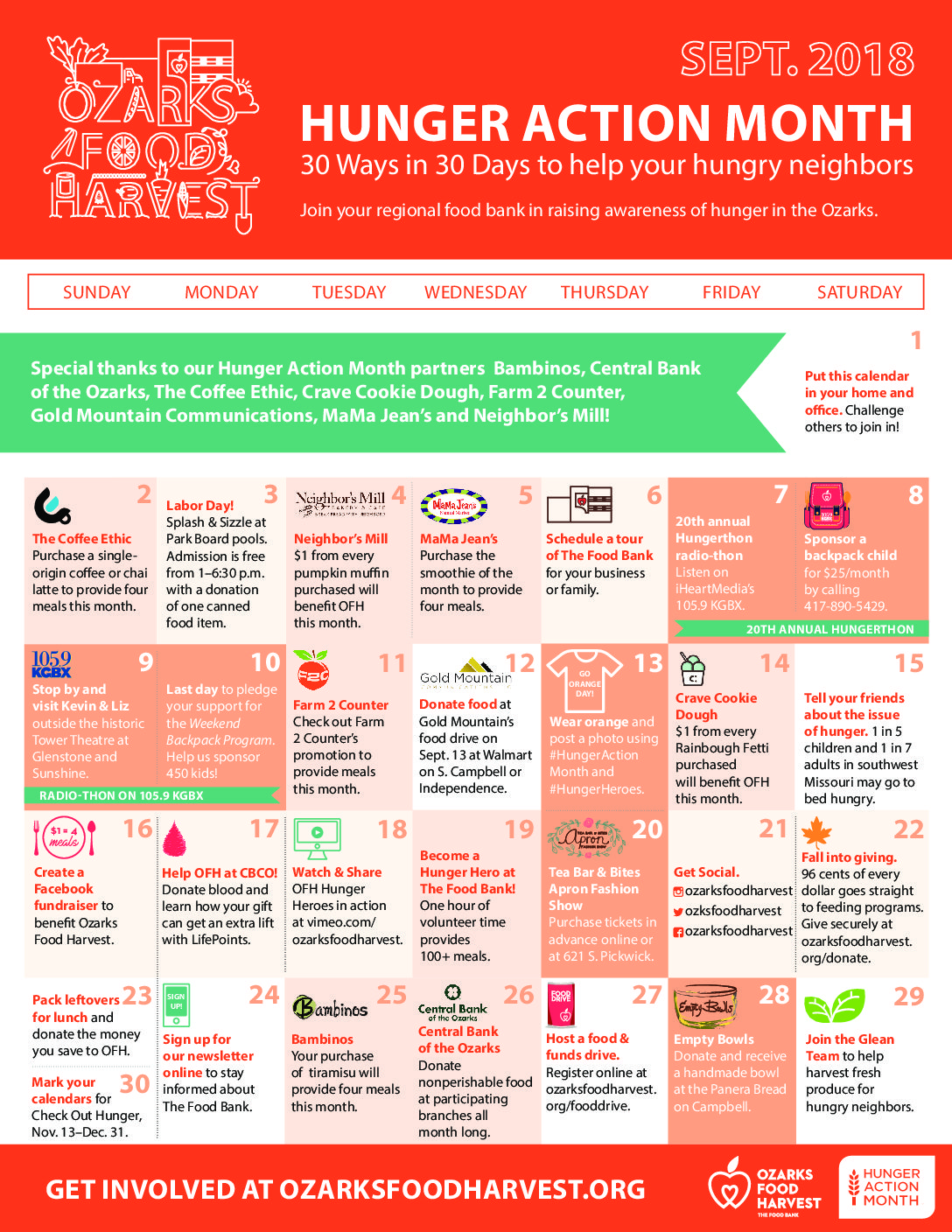

Health system structures required support from National and Provincial level policymakers, identification of high prevalence districts and allocation of funds. The findings informed the design of a programme theory using a health system framework. Quantitative data was collected on the training course, observations of GREAT, coverage and cost.įive out of nine provinces implemented GREAT, despite the challenges of the COVID-19 pandemic. Qualitative data explored the acceptability, appropriateness, adoption, feasibility, fidelity and sustainability of GREAT. Five focus group interviews were held with patients. Descriptive exploratory individual semi-structured interviews were conducted with 31 key stakeholders from national policymakers to primary care providers.

This study aimed to evaluate the scale-up and implementation of GREAT for diabetes in primary care across five provinces.Ī convergent mixed methods study evaluated a range of implementation outcomes. Group empowerment and training (GREAT) for diabetes is a feasible and cost-effective intervention in our setting. Currently, in the Western Cape, only 25% are controlled and a lack of patient education and counselling is a key factor.

The new National Strategic Plan for non-communicable diseases aims to achieve control in 50% of patients. Diabetes is a leading contributor to the burden of disease in South Africa.


 0 kommentar(er)
0 kommentar(er)
